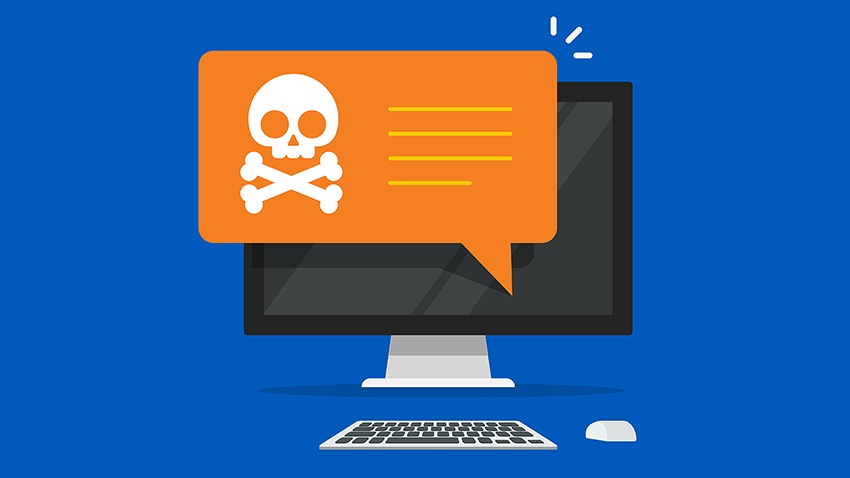 In the United States alone, there are tens of millions of people with social media accounts. Social media has changed the way people communicate with one another, anywhere in the world, with the simple click of a button.
In the United States alone, there are tens of millions of people with social media accounts. Social media has changed the way people communicate with one another, anywhere in the world, with the simple click of a button.
However, this simple task has provided more access for scam artists to try and find potential victims, right at their fingertips. Here are the top scams used via social media instant messaging:
One of the scams is where you receive a message appearing to be from a friend or family member. The fraudsters are hoping you will trust the message if it comes from someone you know.
A link is usually included in the message and you are encouraged to click on the link. The message will often say something along the lines of "Hey. Isn't this you?"
Clicking on the link will put a virus on your computer, giving the hacker access to your personal information. This also gives the hacker access to your contacts, making them vulnerable to scam solicitations.
There are some instances where a scammer sends messages claiming you have qualified for “free money”. Of course, nothing is ever free. The receiver is then informed of a “processing and delivery” fee before they are to get their reward. The victim never sees the cash once they pay the fee.
Another version of the scam tries to coerce you into sending personal information. The sender will ask you to fill out a form that requires information such as your address and social security number. You should always be cautious about providing that information.
The best way to avoid these scams is to not click on any links you receive from family or friends. Instead, contact the individual on a different communication channel to verify they sent you the message.
If you have been victimized by this scam or any other online scan, you can file an online report at the FBI's Internet Crime Complaint Center at www.ic3.gov or call your local FBI office.
This information came from the Oregon FBI's Tech Tuesday. Original article was written by Beth Anne Steele.

Cindy is a Senior Vice President / Operations Director for Heartland Bank. She graduated with a Bachelor of Science in Computer Science from the University of Nebraska-Lincoln. Outside of the bank, Cindy enjoys spending time with her family and going to garage sales and flea markets.
Due to recently increased security requirements, we at Heartland Bank are no longer able to support version 10 or older of Internet Explorer. We are sorry for this inconvenience, and encourage you to upgrade to more secure options such as Internet Explorer 11, Google Chrome, or Mozilla Firefox.

It all starts with a knock on your front door. You open it to find a worker who informs you they're in town finishing up a project and have extra materials leftover. They ask if you would like to have them repave your driveway for a reduced price.